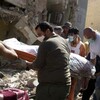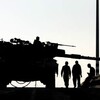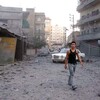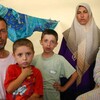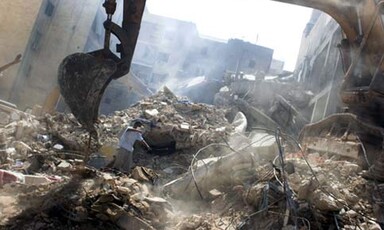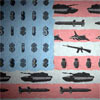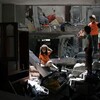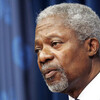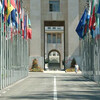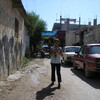
Najdeh closes Lebanon nursery after Israeli attack on Ein Hilweh camp
10 August 2006
A Christian Aid partner in Lebanon has suspended work in a nursery it runs for Palestinian refugees after an Israeli missile attack last night. According to media reports, Lebanese and Palestinian officials said an Israeli gunship shelled the Ein el-Hilweh camp on the outskirts of the town of Sidon, south of the capital Beirut, killing at least one person. The Israeli military said the attack was an air strike that targeted a house in the camp used by Hezbollah guerrillas. Ein el-Hilweh is the largest of Lebanon’s 12 Palestinian refugee camps and is home to about 75,000 Palestinian refugees and their descendants who were displaced by the 1948 Arab-Israeli war. Read more about Najdeh closes Lebanon nursery after Israeli attack on Ein Hilweh camp
